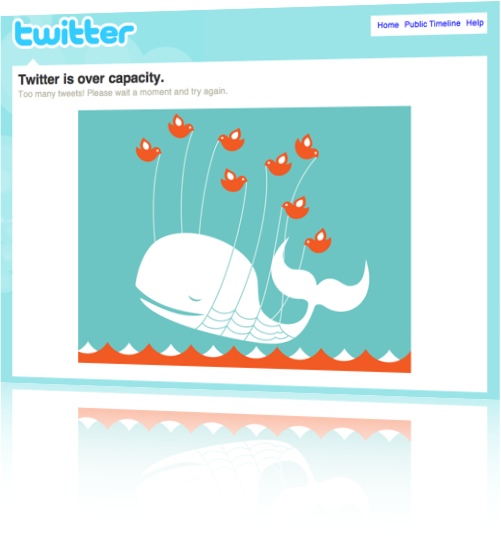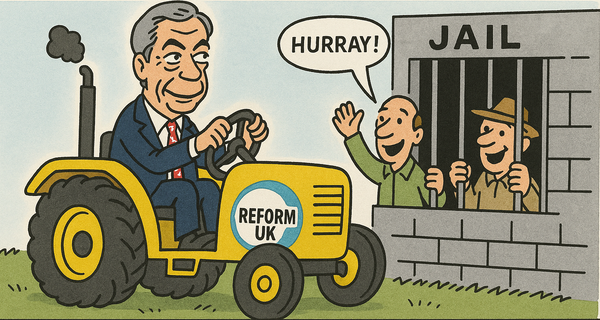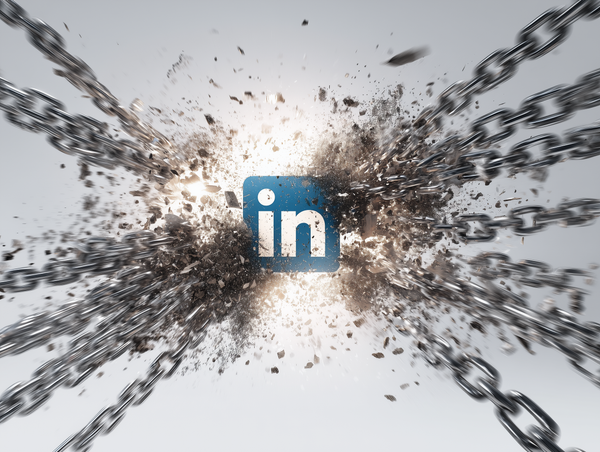A decade (and a week) of Tweeting

I completely missed this last week: I’ve been tweeting for a decade.
Ploughing through my RSS and e-mail backlog
— Adam Tinworth (@adders) December 4, 2006
Believe it or not, I was Twitter user number 40,523 – yes, there were only around 40,000 people using Twitter when I joined, and for much of the first year or so I was one of the top Twitter users in London. Those days have, very clearly, long passed.
Running the stats suggests that I:
- gain 2.1 followers per day, every day
- tweet 7.8 times a day
- find somebody new to follow every 1.2 days
Twitter ambivalence

I first mentioned Twitter on this blog in early 2007:
Twitter is horribly addictive. It allows you update your friends with quick updates as to what you’re doing via text message, IM or the Twitter website. It doesn’t sound like much, but just try it. It’s fascinating getting these small, regular updates about other people’s lives. My latest Twitters appear at the top of the sidebar of this blog’s homepage, and you can subscribe to my updates over at my Twitter page.
(The word “tweets” hadn’t been coined yet.)
A decade in, I find myself in an odd position. Back in early 2007, I was a real evangelist for the service, and was usually dismissed by journalist colleagues (usually ones who would go on to ask me in 2010 why I hadn’t told them about it earlier, or who told me that “I couldn’t have been on it in 2006, because it only launched in 2008”). Now, I’m probably talking about it more than ever, but in a much more nuanced way. I’m far less comfortable with it on a personal level than I once was, although I can’t ignore both its importance to my industry, and to the traffic to this here blog.
I’m not a Twitter doom-monger, but I do feel that some serious product innovation is needed to keep it relevant in a world increasingly dominated by Facebook – and I hope it gets it. And no, I don’t think turning itself into TV is the answer.
It’s certainly not the friendly, intimate place it was a decade ago. And all too often, I open Twitter, and find it a room full of people hawking their wares, or competing to out-banter each other. But when it works, when it really works, there’s nothing quite like it for giving you a real-time pulse of what people are taking about. A decade ago, that was other people doing digital development work. Now, it’s far wider than that. But that real-time, instant social experience has never been bettered. And that’s why I really hope Twitter finds a future for itself.





